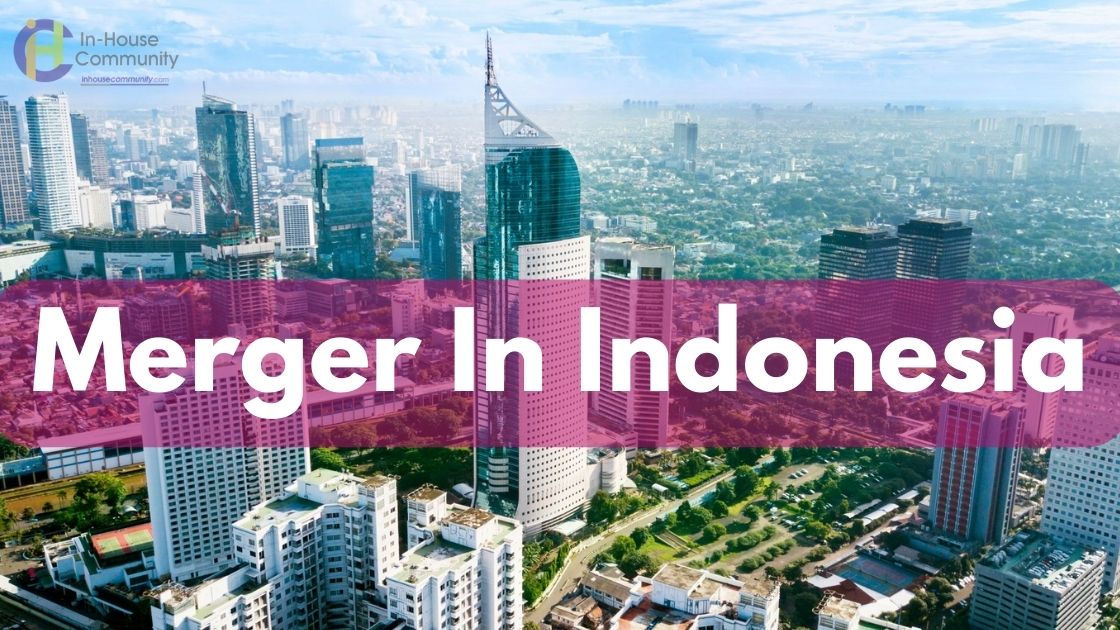June 20, 2022
Social media platforms, such as Facebook, Twitter, YouTube, and TikTok, play a vital role in the dissemination of information, as well as in the discourse of opinions among Filipinos. According to We are Social’s 2021 Digital Report, the Philippines, known as the “social media capital of the world”, ranked as the country with the highest social media daily usage, with an average of 4 hours and 15 minutes a day. In the same report, data revealed that about 80.7% of the Philippine population, or around 89 million out of 110.3 million Filipinos, are active social media users. The prevalence of social media as a means of communication and channel of information brought with it the Filipinos’ reliance on these platforms for sources of daily news. Around 72% of Filipinos get news from social media sites, with Facebook as the number one news source (see We are Social’s Digital Report 2021). A problem, however, arises when news pieces obtained from these platforms are unverified, false, or misleading. Over the years, social media developers have received multiple criticisms on the circulation of fake news on their platforms. Based on the Community Standards or Guidelines of social media developers, the most that these platforms can do to combat fake news is to substantially limit the reach of the post, temporarily or permanently suspend the account, or take down the post, if necessary. Beyond these platforms, however, there is a lack of accountability on the part of the user who posted the false information online. Consequently, peddlers of fake news are not afraid to create fake accounts and post false or misleading information... June 17, 2022
1. What is a special purpose acquisition company (“SPAC”), and how does it operate? Matt Roberts: A SPAC is a company that raises capital through an IPO with the intention of identifying and acquiring a target company, usually in a pre-determined sector, typically within 18 to 24 months. The management team will have specific expertise and track record in the relevant sector, and will take on responsibility for identifying the target companies for acquisition. It follows that the SPAC’s investors are effectively placing their trust in the qualities of the management team rather than a traditional IPO, where incoming investors would need to engage in detailed due diligence in the target issuer. This has resulted in SPACs being called ‘blank cheque’ vehicles. SPAC investors will typically acquire a combination of shares and warrants (representing the right to acquire additional shares) in the SPAC. The management team or sponsor will hold a minority shareholder interest in the SPAC, typically around 20% of the equity, allowing them rights around board membership during the pre-acquisition period. The securities of SPACs have been listed on NYSE, NASDAQ, Euronext Amsterdam, the LSE’s Main Market, AIM, Singapore and now in Hong Kong. 2. In what ways does a SPAC public offering differ from a conventional IPO process and in which instances might it be preferable? Matt: SPACs led by an experienced management team are backed by a sponsor and raise cash to acquire or merge with a target company in a specific sector or industry. Traditional IPOs involve the offering of securities by an issuer that is already operating a business with a track record... June 16, 2022
Vietnam’s Code of Civil Procedure (CCP) provides that before any judgement, decision or foreign arbitral award of a foreign court or arbitration center (foreign court judgements or arbitral awards) to take effect in Vietnam, it is required to be approved by the Vietnamese Court and must be recognized and enforceable under the laws of Vietnam. However, not all foreign court judgements or arbitral awards of said description will be accepted and considered by the Courts in Vietnam. Whether or not a particular judgement or arbitral award will be taken into consideration award depends on existing international treaties or diplomatic relations between Vietnam and the relevant nations. In principle, the Vietnamese Court will only recognize and enforce foreign court judgements or arbitral awards that are: In accordance with the provisions of international treaties signed and participated in by Vietnam; Based on a reciprocal agreement; and Compliant with the laws of Vietnam. The Vietnam Ministry of Justice has recently published a database regarding the recognition and enforcement of foreign court judgements or arbitral awards in Vietnam from 2012 to September 30, 2019, (the Database), which indicates that only 49% of foreign court judgements or arbitral awards will be recognized and enforced in Vietnam. This figure sheds light on the alarmingly low rate of recognition and enforcement of foreign court judgements or arbitral awards in Vietnam. There are two possible reasons behind this low rate of recognition. First, the foreign court or arbitration center may be of inadequate quality or has violated dispute resolution procedural regulations. A second reason to consider is that some provisions that frame the recognition and enforcement of... June 14, 2022
Yuliana Pertiwi Siagian and Gesiu Nicholas Manurung from NP Consultant, Indonesia list out an overview of Merger in Indonesia. The provisions on merger are regulated under Law 40 of 2007 on Limited Liability Company as lastly amended by Law Number 11 of 2020 on the Job Creation (the “Company Law”). The Company Law defines merger as legal action carried out by one or more company (ies) to merge itself with other existing company which results the assets and liabilities of the merging companies to be assigned by law to the company which accepts the merger and subsequently the legal entity status of the merging company is terminated by law. In addition, the Company Law further stipulates that after merger the following events will occur at the Effective Date of merger: the assets and liabilities of the merging companies shall be transferred by operation of law to the company which accepts the merger; the shareholders of the merging companies by operation of law shall become the shareholders of the company which accepts the merger; and the merging companies shall be terminated by operation of law without any liquidation. 4. The merger must take into account the interests of: the Company, minority shareholders, employees of the Company; creditors and other business partners of the Company; and society and healthy competition in carrying out business. A. PROCEDURES OF MERGER IN INDONESIA Merger plan 5. Under the Company Law, the board of directors (the “BOD”) of the merging companies and the company which accepts the merger (the “Companies”) shall jointly draw up and prepare the merger plan, which at least shall contain: the name... April 28, 2022
In February 2022, we issued a legal briefing that discussed a proposed restriction on the use of digital assets as a means of payment for goods and services (to read that briefing, please follow this LINK). The Thai Securities and Exchange Commission (the “SEC”) approved the new measures in early January. On 18 March 2022 the SEC issued a Notification of the Capital Market Supervisory Board on the “rules, conditions and procedures on provision of services of digital asset operators that must not have characteristics of supporting the use of digital assets as means of payment” (the “New SEC Regulation”). The New SEC Regulation came into effect on 1 April 2022. Overview of the New SEC Regulation From the New SEC Regulation’s effective date, regulated digital asset business operators (including Digital Asset Exchanges, Digital Asset Brokers, Digital Asset Dealers, Digital Asset Fund Managers and Digital Asset Advisory Services) will be prohibited from undertaking the activities of operating and facilitating the use of digital assets (including cryptocurrency and digital tokens) as ‘means of payment’ for goods and services (details outlined below). Digital asset operators that currently engage in activities in violation of the New SEC Regulation must cease such activities before 30 April 2022. The enactment of the New SEC Regulation requires a dramatic change in the relationship between digital asset business operators and their clients, and operators. Investors exploring operations in Thailand should be aware of how the New SEC Regulations may impact their business. Key provision of the New SEC Regulation Activities of operating and facilitating the use of digital assets as ‘means of payment’ for goods and... April 28, 2022
Based on the latest Foreign Direct Investment (FDI) regulatory restrictiveness index of the Organization for Economic Cooperation and Development (OECD), the Philippines obtained a score of 0.374 on a scale of 0 (open) to 1 (closed). In terms of ranking, the Philippines has the third most restrictive FDI rules out of 83 countries included in the OECD’s study. This perhaps comes as no surprise given that the Philippines has a largely protectionist policy on national economy. In fact, this economic nationalism is built into the Philippine Constitution, which enshrines the Filipino First Policy and nationalizes key sectors in our society. However, it appears that the attitude has shifted in favor of FDIs. On 10 December 2021, President Rodrigo Duterte signed into law Republic Act No. 11595, otherwise known as ‘[a]n Act amending Republic Act No. 8762 or the “Retail Trade Liberalization Act of 2000”, by lowering the required paid-up capital for foreign retail enterprises, and for other purposes’ (RA 11595). Under the Retail Trade Liberalization Act of 2000 (RTLA), retail trade refers to any act, occupation or calling of habitually selling direct to the general public merchandise, commodities or goods for consumption which does not cover the following: Sales by a manufacturer, processor, laborer, or worker to the general public the products manufactured, processed, or products by him if his capital does not exceed PhP100,000 (approximately USD1,900) Sales by a farmer or agriculturist selling the products of his farm Sales in restaurant operations by a hotel owner or innkeeper irrespective of the amount of capital, provided that the restaurant is incidental to the hotel business Sales which are limited... Upcoming Events
Recent Past Events
















